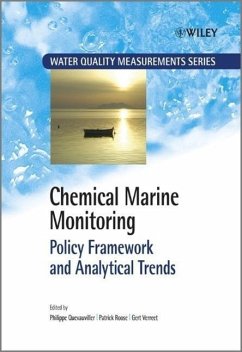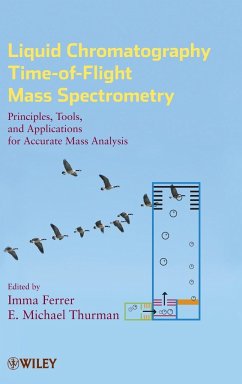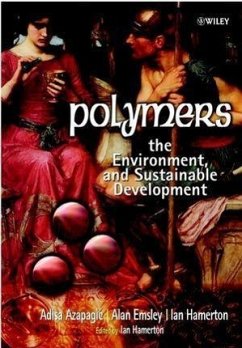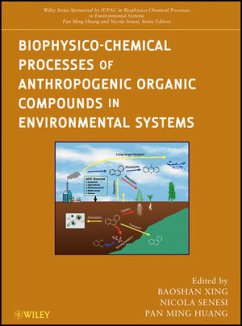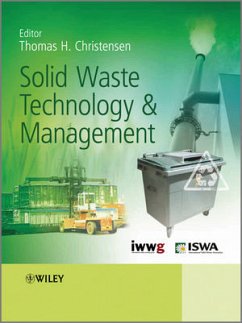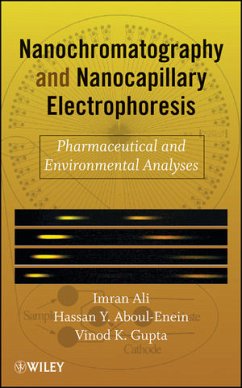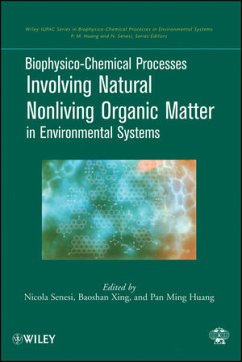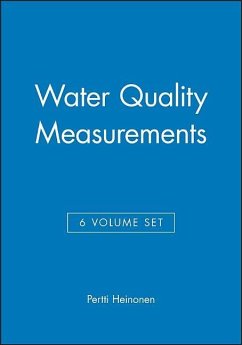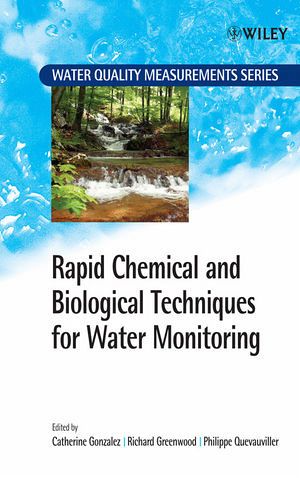
Rapid Chemical and Biological Techniques for Water Monitoring

PAYBACK Punkte
92 °P sammeln!
Rapid Chemical and Biological Techniques for Water Monitoring presents in one volume the broad spectrum of monitoring tools, both available and under development, and provides an assessment of their potential for underpinning environmental management and legislation. The book explores screening methods in the context of water policies; chemical methods; biological methods; potential use of screening methods; quality assurance and validation methods; integration of screening methods in water monitoring strategies. The text provides a timely source of information for post-graduates, researchers,...
Rapid Chemical and Biological Techniques for Water Monitoring presents in one volume the broad spectrum of monitoring tools, both available and under development, and provides an assessment of their potential for underpinning environmental management and legislation. The book explores screening methods in the context of water policies; chemical methods; biological methods; potential use of screening methods; quality assurance and validation methods; integration of screening methods in water monitoring strategies. The text provides a timely source of information for post-graduates, researchers, and professionals involved in water management at all levels.



